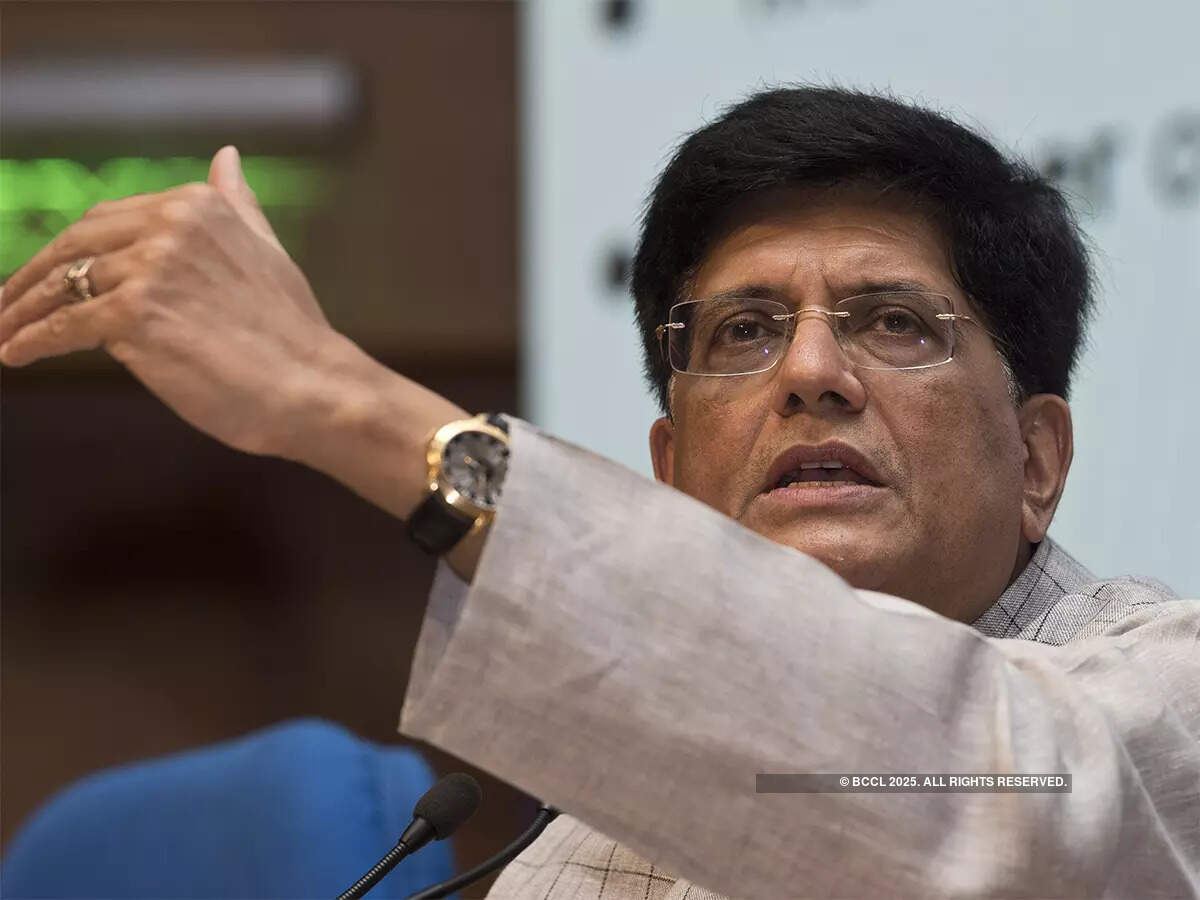
Commerce and industry minister Piyush Goyal on Wednesday said the proposed free trade agreements with the European Union and four-nation European Free Trade Association (EFTA) group are doable, but they should keep in mind India’s concerns as the level of economic development is different.
“We are in active dialogue with the EU and EFTA for a free trade agreement… I do believe that both of these are eminently doable and will significantly help us expand our engagement not only in trade in goods services, but also in investments, technology, tourism, innovation, and clean energy,” Goyal said at the Confederation of Indian Industry’s (CII) India-Nordic Baltic Business Conclave.
The Nordic Region nations include Denmark, Norway, Sweden, Finland, and Iceland, Faroe Islands, and Greenland, while Baltic states include Estonia, Latvia, and Lithuania.
He said the EU and EFTA countries need to understand certain “very important and significant” differences between the two set of regions.
EFTA includes Iceland, Liechtenstein, Norway, and Switzerland.
India and EFTA are negotiating a Trade and Economic Partnership Agreement.
Goyal said Nordic and Baltic nations can act as India’s ambassadors in the EU and the EFTA to help them understand certain very important and significant differences between the two set of regions engaging with each other.
“Unless this is understood by the member countries of the EU and the EFTA, it will be very difficult to look at really concluding a high quality but fair, balanced, and equitable arrangement between them,” Goyal said.
Citing the example of Norway, Goyal said Norway has about 6,000 fishermen as compared to about 4 million in India, who are small and marginalised. While Indian fishermen are engaged in basic fishing near the shores, as compared to developed nations where fishermen go deep into the sea for fishing, he said.
The amount of investment in subsidising Norway’s fishermen is multi-fold as compared to India.
“It is not an equal competition,” he said, adding that free trade has to have enough opportunity to catch up “when you are staring from two different levels”.
He said the Nordic-Baltic region has come close to India in recent years and Indian cuisine, Bollywood, yoga, ayurveda, and textiles are popular in that region, and that these nations have the best of innovation, green tech, AI, and blockchain-led transformation, supply chain logistics and fintech and these are the areas where there is a huge scope for collaboration with India.

